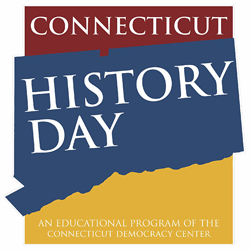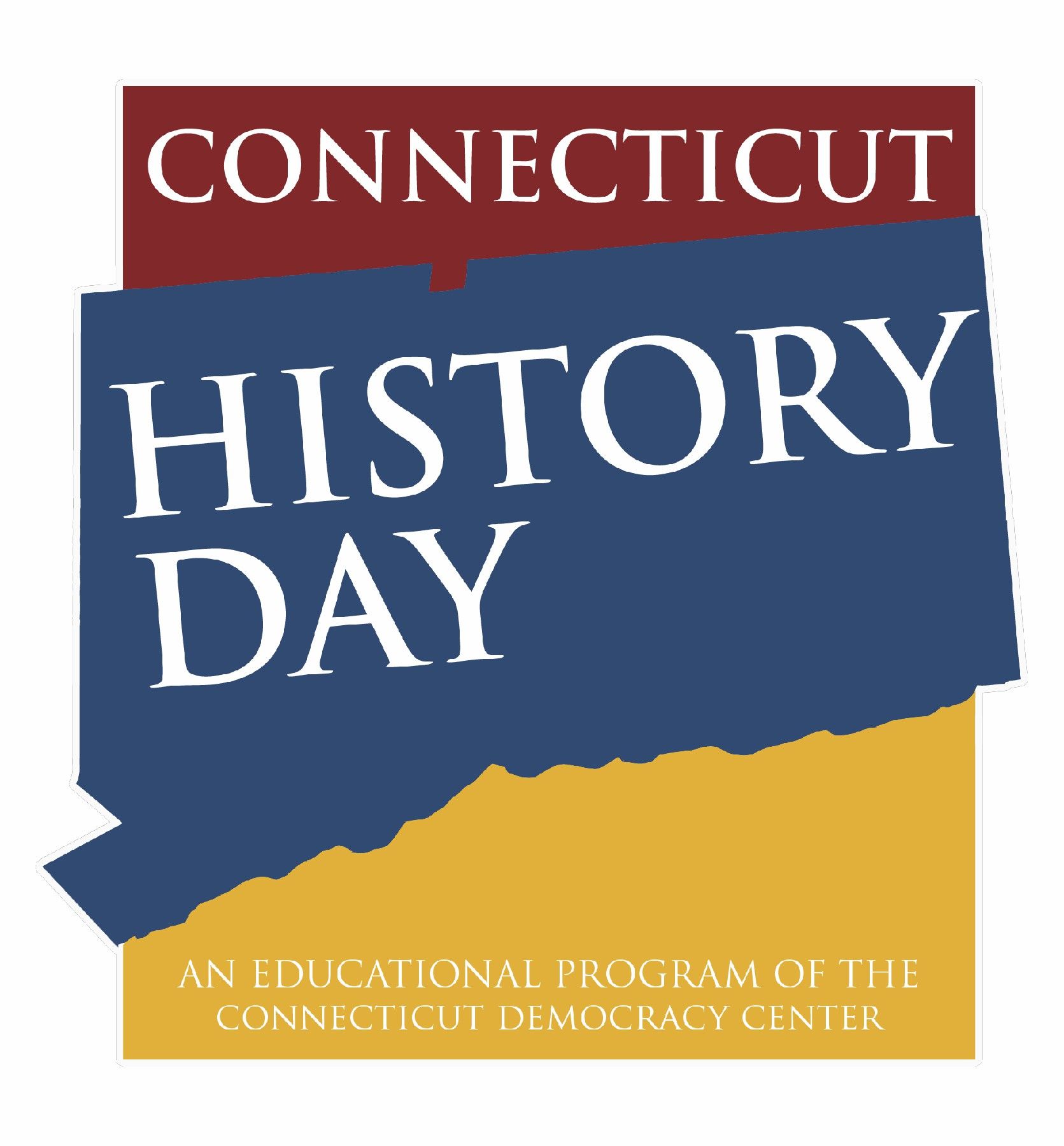FAQ – Parents
FAQ - Parents
How much help can I give to my child?
All aspects of projects must be created by the students associated with it. However, parental support is important to CHD participants! Parents can help if circumstances where power tools or other dangerous materials need to be used. Keep in mind that for the Performance category parents may help carry staging items for performances or exhibits into the room, but the student needs to set up any props or exhibits. Parents are great sounding boards for projects, so definitely discuss your child's project at the dinner table! Ask questions about their project and provide feedback on their work.
Can students choose a current event as a topic?
History Day projects need to be able to show historical context. There is no hard and fast rule about how old a topic needs to be, but make sure it is old enough that you can show the impact of your topic on today's world.
How many Regions does Connecticut have?
Connecticut has five regions: Fairfield, Mansfield, New Haven, Norwich, and Torrington. Regional contests are held on Saturdays throughout March. Specific towns are assigned to one of the Regional Contests.
Why are the contests such long days?
Once a student meets with the judges, it can seem like a very long time until the Awards Ceremony. Judges have to review 6-10 projects and meet with students. Then, they need to complete evaluation forms and choose the top finishers. At the State Contest, there are so many projects, almost every category needs a second, finals round. While CTDC tries to move the day as quickly as possible, we do need to give judges time to judge. Students do not need to attend the Award Ceremony to win, so once your student has completed their task at the contest, they can leave.
Does my child need to atten the Contest?
Students need to attend the Contest, even if they are paper and website students who have submitted their project early. If your child is in a group, at least one member of the group must attend the contest. The only exception would be the performance category, since all students need to perform. We are happy to try and accomodate schedule requests, but they must be received at least two weeks in advance of the contest.
My child's school does not offer History Day, how can I get them signed up?
Parents can sign up their child for History Day even if the student's school does not participate. The parent should sign up the student as a homeschool and put their name as the teecher.
Why was my child's project evaluated differently at the Regional and State Contest?
All judges receive the exact same type of training using a judging rubric from the State Coordinator or the History Day Assistant. Keep in mind that the project is being reviewed by an entirely different set of people at each contest. Also, the judging at the State Contest is more critical since judges are reviewing top finishers from the Regional Contests.
Why is the National Contest so expensive?
The Registration fee for the National Contest supports National History Day, the governing institution of the program. The NHD staff sets policy for the program, runs the National Contest, and produces materials (like the Annual Theme Book) for students and teachers. Other costs associated with the National Contest include: travel, food, and housing. Staying at a University o Maryland dorm is often the cheapest option. CHD does offer limited scholarships to support students' participation in the National Contest.
Do you have a question we haven't answered?
- Please send your question to the State Coordinator at info@historydayct.org






